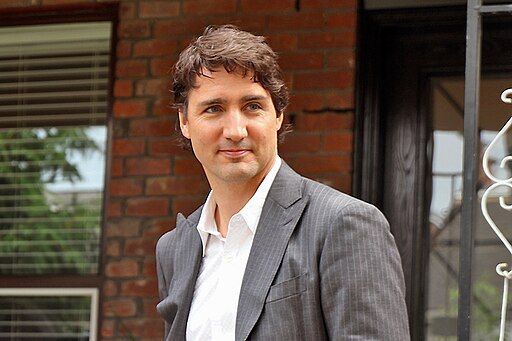Amidst increasing opposition, the PM asks for credible solutions to replace the federal carbon tax increase.
In a bold move, Prime Minister Justin Trudeau has directly addressed the premiers of several provinces, challenging them to propose viable alternatives to the controversial federal carbon tax hike. With the tax set to increase from $65 to $80 per tonne on fossil fuels, the debate over this climate policy has intensified, drawing sharp lines between federal and provincial governments.
The dispute centres around the Liberal government’s carbon pricing strategy, which aims to reduce greenhouse gas emissions by making fossil fuel consumption more expensive, thereby incentivizing the switch to greener energy sources. However, the plan has faced stiff opposition from premiers across New Brunswick, Prince Edward Island, Saskatchewan, Alberta, Ontario, Nova Scotia, and Newfoundland and Labrador, who argue that the tax is detrimental to their economies and citizens.
In a letter sent to these premiers, Trudeau underscored the lack of suitable alternatives proposed by the provinces to achieve similar emissions reductions. He highlighted that while Quebec, British Columbia, and the Northwest Territories have implemented their own systems, the others have not met the national benchmark for emissions reduction, as per the last engagement in 2022.
The carbon tax, coupled with direct rebates to households, has been a cornerstone of the Liberal government’s environmental policy since its introduction in 2019. Yet, it remains a polarizing issue, with Conservative Leader Pierre Poilievre vowing to scrap the tax altogether if elected, labelling it a “government’s April Fools’ tax hike.”
Amidst this political backdrop, Trudeau’s challenge to the premiers is not just a call for opposition but a push for constructive dialogue on climate action. He remains open to proposals for credible systems that price pollution, reflecting the unique realities of each region while adhering to the national emissions reduction goal.
This ongoing debate occurs as more than 100 economists have publicly defended the carbon tax policy, arguing it’s the most cost-effective method to reduce greenhouse gas emissions. They stress the importance of evidence-based public debate and caution against dismissing carbon pricing without offering feasible, lower-cost alternatives to meet Canada’s climate targets.
As Canada stands at a crossroads, the outcome of this challenge could redefine the country’s approach to combating climate change, balancing environmental responsibility with economic feasibility.
